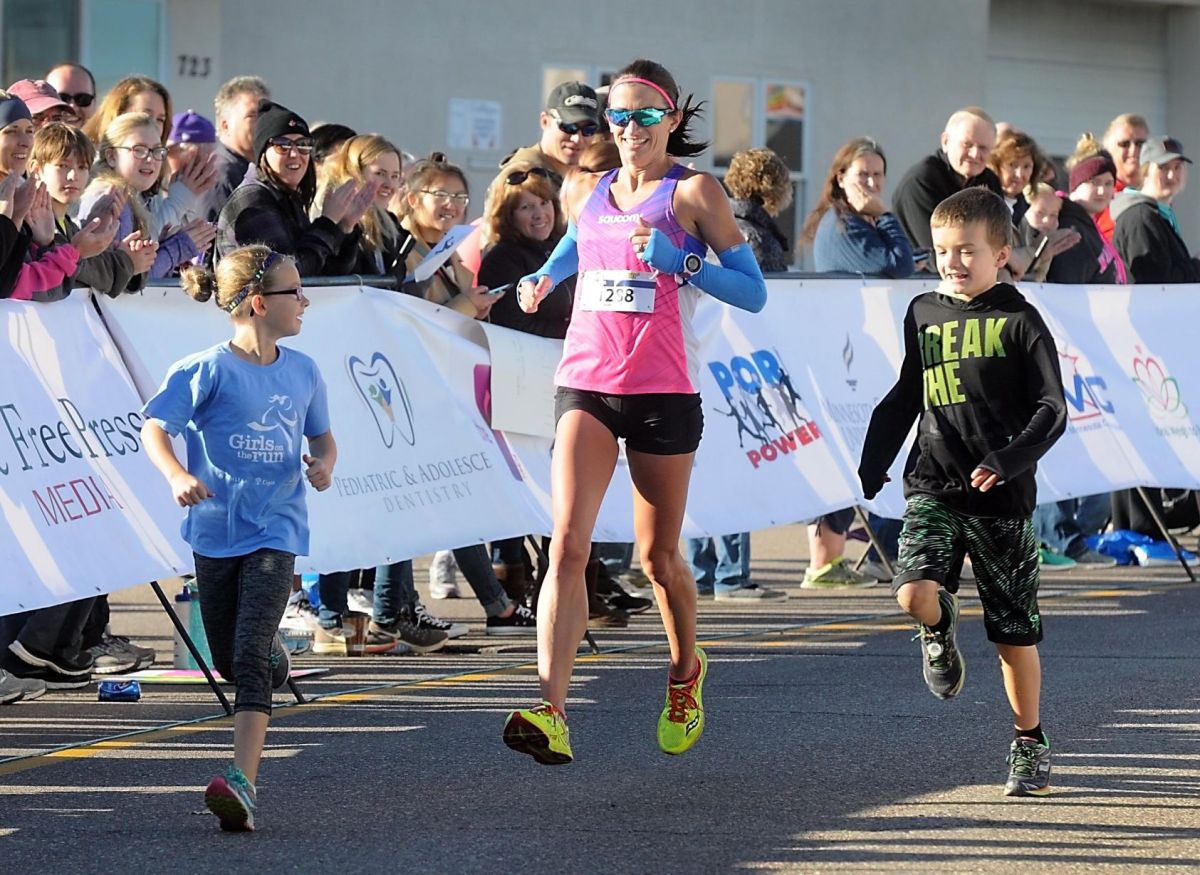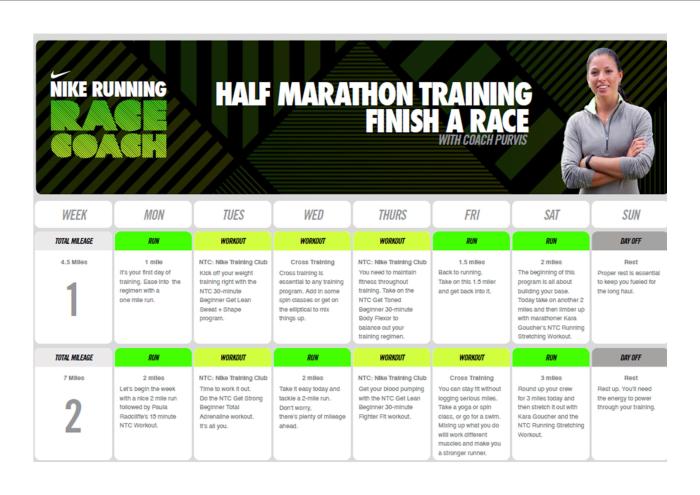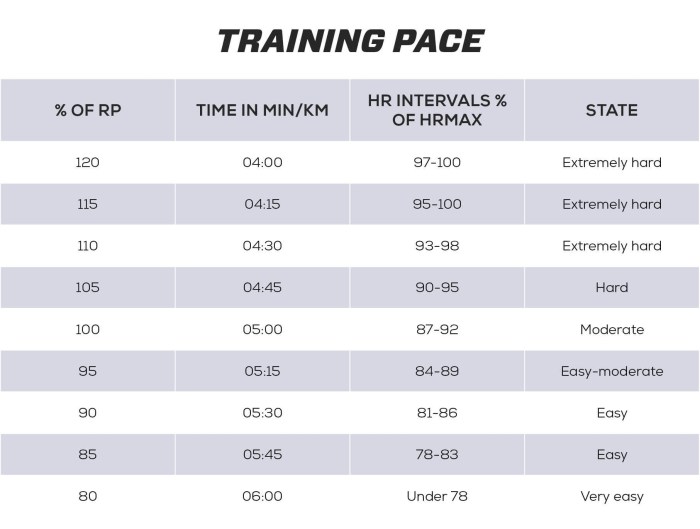Mikayla is training for a half marathon, embarking on a transformative journey that tests her physical and mental limits. This guide delves into the intricacies of her training regimen, providing invaluable insights into nutrition, recovery, gear, mental preparation, and race-day strategy.
As Mikayla progresses through her training, she encounters challenges and triumphs, sharing her experiences and lessons learned along the way. Whether you’re a seasoned runner or just starting out, this guide offers a wealth of practical advice and inspiration to help you achieve your half marathon goals.
Training Plan

To prepare for a half marathon, a comprehensive training plan is crucial. Begin gradually, incrementally increasing mileage and intensity to avoid injuries. Include rest days and cross-training to enhance recovery and prevent burnout.
Gradual Progression, Mikayla is training for a half marathon
- Start with a manageable distance, gradually increasing mileage by 10-15% weekly.
- Increase training intensity through interval training, tempo runs, and hill workouts.
- Allow for rest days to promote recovery and prevent overtraining.
Avoiding Pitfalls
- Avoid sudden increases in mileage or intensity, which can lead to injuries.
- Listen to your body and rest when needed to prevent burnout.
- Cross-train with activities like cycling or swimming to reduce impact on joints.
Nutrition

Fueling your body is essential for half marathon training. Ensure adequate calorie intake, prioritizing carbohydrates, lean protein, and healthy fats.
Meal Plans and Snack Ideas
- Consume a balanced breakfast rich in carbohydrates, such as oatmeal or whole-wheat toast.
- Include lean protein sources like grilled chicken or fish in your meals.
- Incorporate healthy fats from avocados, nuts, or olive oil.
- Hydrate well by drinking plenty of water throughout the day.
Hydration and Electrolyte Balance
- Stay hydrated by drinking water regularly, especially before, during, and after workouts.
- Consider electrolyte drinks during intense or prolonged training sessions to replenish lost minerals.
- Avoid excessive caffeine and alcohol, as they can dehydrate the body.
Recovery and Rest: Mikayla Is Training For A Half Marathon

Adequate rest and recovery are crucial for effective training. Employ various techniques to promote muscle recovery and prevent injuries.
Recovery Techniques
- Incorporate stretching into your routine to enhance flexibility and reduce muscle soreness.
- Use foam rolling to release muscle tension and improve circulation.
- Consider massage therapy to promote relaxation and accelerate recovery.
Importance of Sleep and Stress Management
- Aim for 7-9 hours of quality sleep each night to facilitate muscle repair and recovery.
- Engage in stress-reducing activities such as yoga, meditation, or spending time in nature.
- Adequate rest and stress management contribute to overall well-being and training effectiveness.
Gear and Equipment

Proper gear and equipment can enhance training comfort and performance. Choose items that fit well and support your needs.
Essential Gear
- Running shoes designed for distance running and your foot type.
- Moisture-wicking clothing to regulate body temperature.
- Hydration system, such as a water bottle or hydration pack.
- Running socks to prevent blisters and provide support.
Choosing the Right Equipment
- Consult with experts at running stores to determine the best footwear and gear for your needs.
- Consider your foot type, running style, and training terrain.
- Experiment with different products to find what works best for you.
Query Resolution
What are the key elements of a half marathon training plan?
A comprehensive half marathon training plan should include gradual mileage increase, intensity progression, and rest days to prevent burnout and injuries.
How important is nutrition for half marathon training?
Nutrition plays a crucial role in fueling your body for training and recovery. Focus on consuming a balanced diet rich in carbohydrates, protein, and healthy fats.
What are some strategies for overcoming mental challenges during half marathon training?
Stay motivated by setting realistic goals, celebrating milestones, and connecting with a running community. Practice positive self-talk and visualization techniques to build confidence.